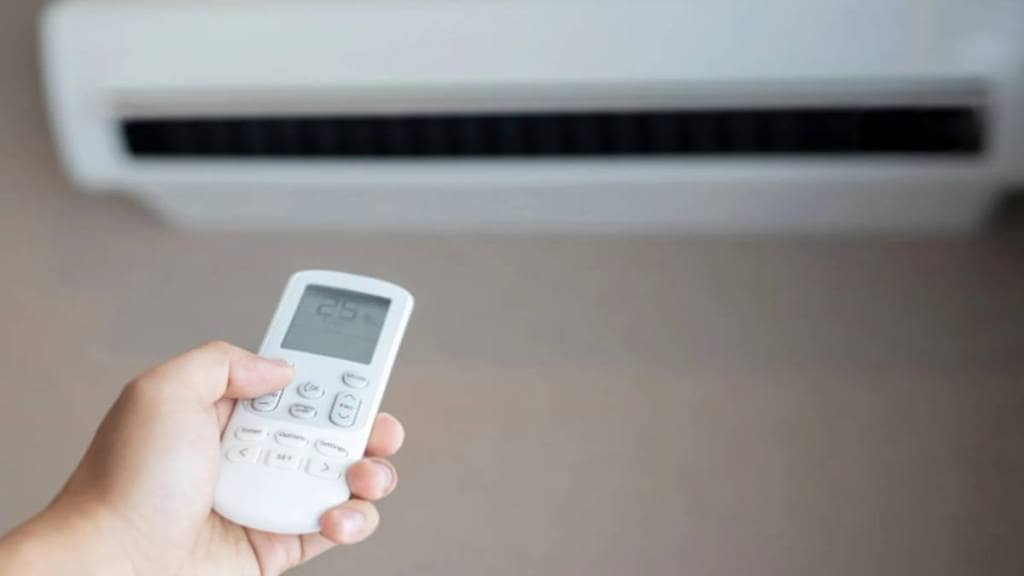The Centre on Wednesday announced that they are working on new guidelines which will soon make it compulsory for air conditioners that are being used in homes, offices, and vehicles to run within a fixed default temperature range. The Bureau of Energy Efficiency (BEE), which comes under the Ministry of Power, is planning a framework to standardise AC settings between 20 to 28 degrees Celsius. Let’s find out the reason behind this significant shift here.
Why is there a need to change the default AC temperature?
In a bid to improve energy efficiency and lower the increasing burden on the power grid, the Indian government is drafting a framework to standardise the default temperature range of air conditioners. The initiative has been headed by the BEE. This decision has come when the country’s electricity demands are hitting all-time highs reached at 241-GW on June 9. It is happening because of soaring temperatures and widespread usage of cooling appliances.
Union Power Minister Manohar Lal on Tuesday confirmed that the Centre is currently in active discussions with appliance manufacturers and state governments to work out these rules. “Consultations are going on and once it’s over, guidelines will be finalised accordingly. Some states have requested to consider the humidity they have while making the guidelines,” he mentioned.
Power Secretary Pankaj Agarwal underlined the potential energy benefits, explaining that “reduction of even 1 degrees helps saving 6 per cent of energy.” He further added, “There are crores of ACs in our country and every year new ones are getting inducted. So you can imagine the savings.”
Meanwhile, the government is also planning to implement similar guidelines for air conditioners used in vehicles. “We are in consultation with automakers as well,” the minister stated, though he did not share further details.
A LG Electronics India spokesperson welcomed the move, terming it a forward-looking measure that will bring India in line with other nations that are focused on sustainable energy practices. “This initiative offers multiple advantages- boosting the durability and performance of appliances, advancing environmental goals by improving energy efficiency, and contributing to user well-being by promoting healthier temperature settings,” as quoted by PTI.
As far now, the plan is in an advanced stage discussion and no official notification or fixed timeline has been declared yet. A senior BEE official, while speaking to PTI on condition of anonymity, mentioned that the process is in progress and inputs from all the stakeholders are being considered before announcing any new rules.


